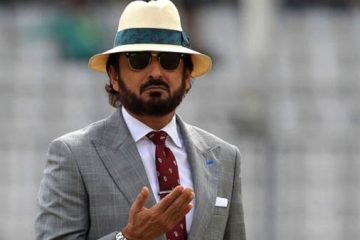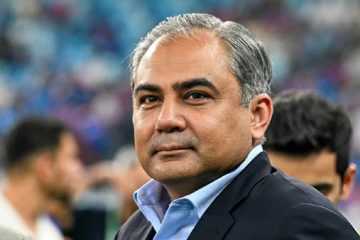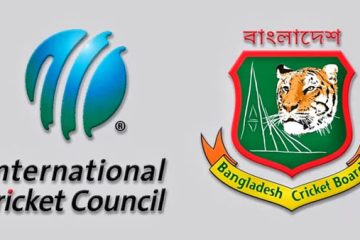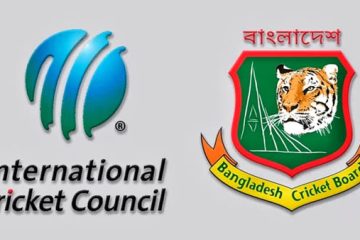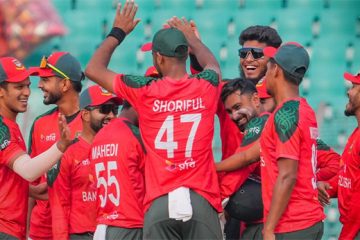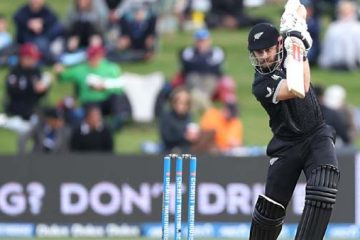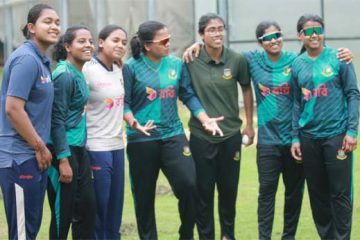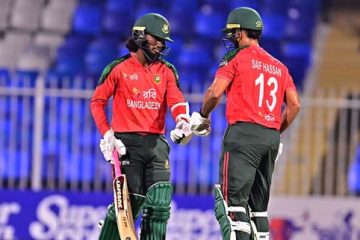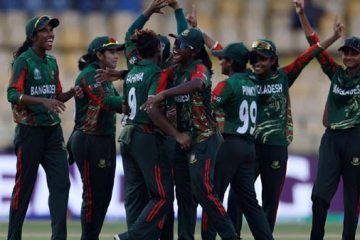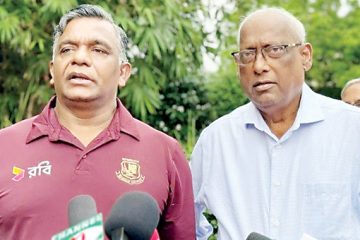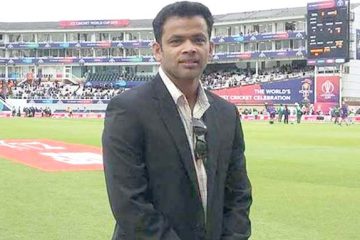The current elected committee of the Bangladesh Cricket Board will complete its two years today feeling fortunate as the on-field success of national cricket team provided a cover for its many failures.
The committee, which was elected on October 10, 2013, had had a turbulent time in its first year at the office when it had to encounter both on and off the field problems.Bangladesh had their longest losing streak in many years in 2014 and had to wait for the home series against Zimbabwe in October to register their first win against a Test playing country in the year.
In the meantime, the BCB had to tackle the Bangladesh Premier League match-fixing issue and take a disciplinary action against country’s premier cricketer Sakib al Hasan at least twice.
It also had to take a position in the International Council, which saw a massive constitutional change with the so-called Big Three India, Australia and England taking control of the of body.
However, things changed dramatically at the Bangladesh Cricket Board office at Mirpur after national team started to bring some success starting with the Zimbabwe series.
The BCB deserved some credit for the changes as it took a serious gamble which paid off to an unthinkable level.
The decision to split the national team captaincy proved to be a masterstroke as Mashrafee bin Murtaza changed the complexion of limited-over side after taking over from Mushfiqur Rahim.
BCB’s decision to send the Tigers to Australia for the World Cup early also reaped rich benefits as Bangladesh achieved their maiden quarter-final berth in the tournament.
It raised the confidence of the Tigers, who later crushed Pakistan, India and South Africa in consecutive series to move to seventh in one-day rankings and qualify for the 2017 Champions Trophy.
But all of these successes came at an expense.
The BCB officials were mostly busy basking in the success having been oblivious of their other responsibilities that may hurt Bangladesh’s cricket in the long run.
Nazmul Hasan, the first elected BCB president, has become increasingly authoritarian, creating rifts within the BCB. Nazmul appeared to have interfered in everything, starting from who to speak in the press conference to who will play in a certain game or who will make a certain tour.
It left some of his veteran BCB colleagues feeling alienated as they have virtually no job to do.
While the BCB has a constitutional obligation of holding at least one meeting every month, it could hold just 12 in the past 24 months with the last two meetings having a six-month gap.
As a result, BCB had to give post-facto approval for many financial dealings, including dozens in the last meeting that raised a question about transparency.
The BCB formed a working committee in January with Enayet Hossain Siraj as its chairman. The committee had the authority to make decisions on behalf of the executive committee, but not a single meeting of the working committee was held in last eight months.
There has been no progress in forming the regional cricket associations, which is another constitutional obligation for the BCB. A welfare trust for cricketers, coaches and umpires that had been proposed by the previous board is also yet to see the light.
The BCB also demonstrated massive failure in the marketing front as it could not sell a Bangladesh Cricket League franchise even in two years. The television and marketing deal that it struck with a local channel also yielded half-the price of an estimation made by an Australian consultant, hired by the board.
When Nazmul took over as elected president, he promised to run the board in a professional manner, bring transparency and establish accountability for everyone involved.
With the board completing half of its four-year tenure, professionalism, transparency and accountability are among the few things mostly missing.
-With New Age input

